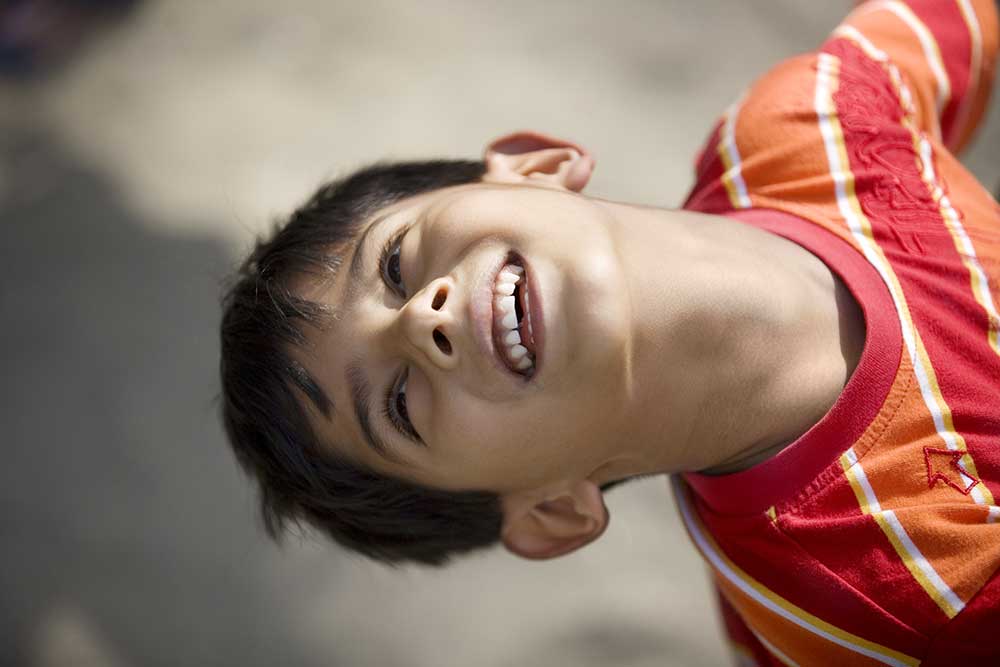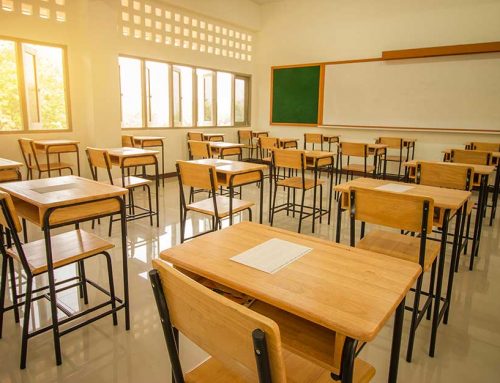Discipline, Disciplined, Disciplinary…
These words sound terrifying to a child or a student because they mean restrictions and punishments.
I really wonder why we worry to make our children do better or perfect.Why not first make them feel shoddier?
Most of the parents and teachers are bewildered by the child’s misbehaviour. The child spends his adorable and innocent childhood in listening to frequent “no” to his requests. Actually, if a thought is given on a child’s misbehaviour it usually starts with something not-so-earth-shattering like missed home works, assignments, dirty clothes, longing to play for little more time and the other daily stuff which makes us go crazy. On an impulse, we punish and yell at them thinking that he/she will get better. Instead of getting better the child usually feels insulted and develops anger, becomes defensive and makes our classroom or home a warzone.
As a teacher, I allow my kids to make mistakes in learning so that I can make them realize the consequences of it and help them think about it. If it is repeated the consequences could be missing his/her favourite class like library hour or the hobby classes. Extra remedial work definitely works with students. The first and foremost thing is to understand that every child is an individual and he/she needs to be respected. So if a child makes a mistake, instead of yelling and abusinghim/her in front of known or unknown people, it is advisable to correct him/her personally.
I have heard my colleagues saying “He is a naughty student, he never respects his teachers”. When a child knows that he has been tagged, he/she will definitely live up to it and make the teacher sweat. Though they are younger than us, they need to be understood and given the space to understand things. He is a new comer to the world where we, adults, are experienced. So let us use our expertise in making them understand and explore the beauty of the world and life.
It is tough at times to keep calm when our child misbehaves. It is helpful if we rebuke them privately and softly. It benefits them in sharing the reason of their misbehaviour which would be mostly due to frustration, anger, hunger, excitement or sometimes influence of other children or environment.
We concentrate more on their negative behaviour and in that process of correcting them by yelling or physical punishment we are actually reinforcing that behaviour. So it is better to focus on their positive behaviour and appreciate them for their little deeds. This builds trust between a student and a teacher as well as a parent and a child. This trust will make them understand the consequences of their misbehaviour.
The key here is to remain calm, neutral and appreciate before criticizing to bring discipline in our children rather than sweating.






Leave A Comment